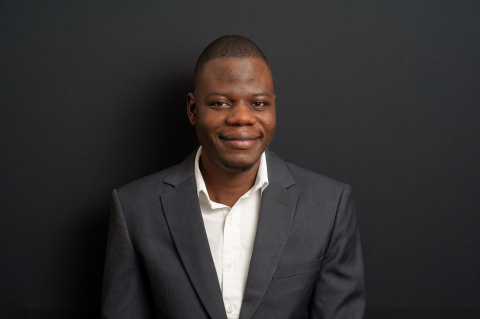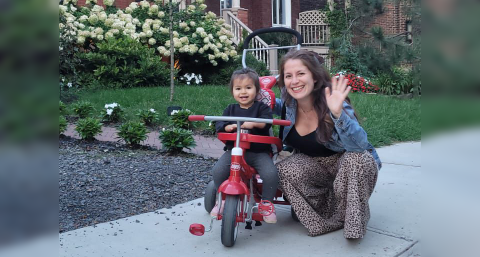When Al Ahamed completed pharmacy school, he found himself with more questions than answers. Their training had equipped them to navigate the pharmaceutical and healthcare landscape, but it hadn’t fully addressed the structural barriers that kept marginalized communities from accessing quality care. He wanted to do more—but what “more” looked like wasn’t immediately clear.
That’s when they began exploring graduate programs. The Master of Science in Public Health (MScPH) and the Master of Public Policy (MPP) stood out. Both offered ways to engage with health equity, but from fundamentally different angles.
“The MScPH program is tailored for those who want to tackle specific health problems, while the MPP is designed for those who want to address social change at a systemic level,” says Al.
At first, the MScPH seemed like a natural extension of his pharmacy background. McGill's program, which prides itself on being an MScPH as opposed to a Master of Public Health (MPH), offers a variety of courses in health services and policy research which equip students with the skills to evaluate past policies, communicate with the public, and develop novel population-level interventions. It offered the tools to dive deeper into epidemiology, community health, and intervention strategies. But the more he considered it, the more he wondered—would studying public health give him the power to change the conditions that made those interventions necessary in the first place?
McGill's MPP, on the other hand, approached health equity from a broader perspective. It wasn’t about solving a single health issue; it was about shifting the policies and power structures that allowed those issues to persist. “The MPP gave me the tools to tackle social change through a new and innovative area,” he said. “There is a bridge that needs to be put forth—one that connects health professionals to policymaking for health equity.”
Health and policy: two sides of the same problem
The divide between public health and public policy plays out in real-world decision-making. Public health professionals are trained to analyze data, design interventions, and address immediate health concerns. But without policies to support those interventions, progress is often temporary or limited in scale.
For instance, an MScPH graduate might develop a program to increase access to reproductive healthcare in underserved communities. But if policymakers cut funding or impose restrictive regulations, that program can’t survive. On the flip side, an MPP graduate might craft a policy ensuring stable funding and legal protections for reproductive healthcare, but without public health expertise, they might miss key insights about what interventions are actually effective.
Al saw this gap firsthand and realized they wanted to be part of bridging it.
Aligning education with a vision for health equity
Looking back, Al sees his choice as a strategic one. The MScPH would have given him the tools to engage with public health crises on the ground, but the MPP positioned him to address the structural causes of those crises. “I wanted to be able to influence the systems that create health disparities, not just respond to them,” he reflected.
That doesn’t mean the MScPH wasn’t a strong option—only that he saw a pressing need for more health professionals in policy spaces. “There’s a missing link between those who understand health on a technical level and those who create the policies that shape it,” he said. “We need more health professionals at the table when policy decisions are being made.”
For students facing a similar crossroads, Al's advice is simple: Think about the scale of change you want to make. If you want to be on the ground, improving health outcomes one community at a time, the MScPH might be the right fit. But if you want to shape the laws and policies that determine those outcomes in the first place, the MPP could be the more powerful tool.
The real challenge isn’t choosing between the two—it’s finding ways to make them work together.












